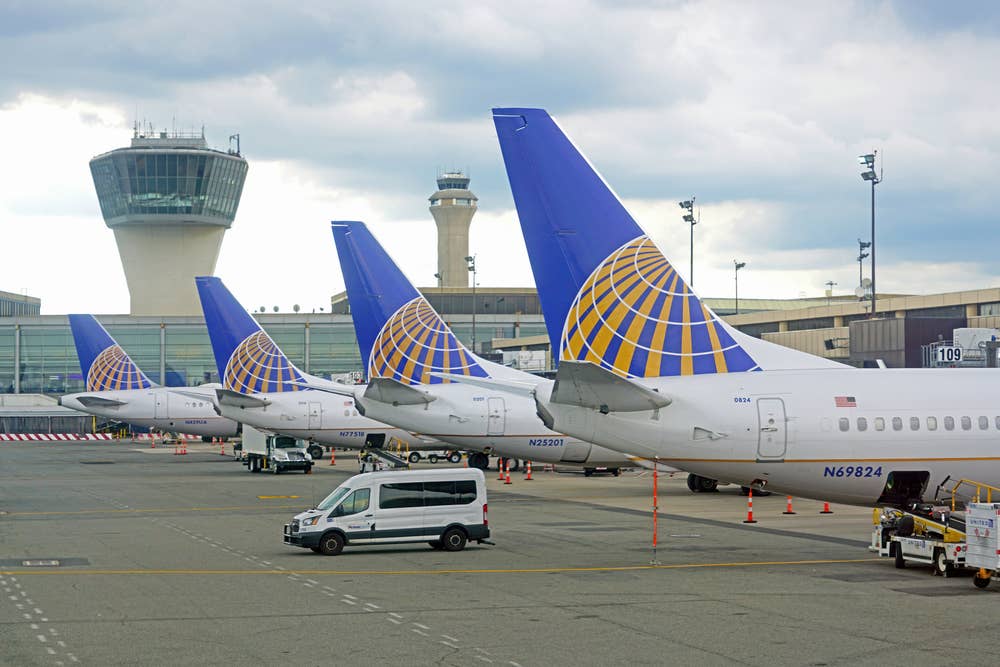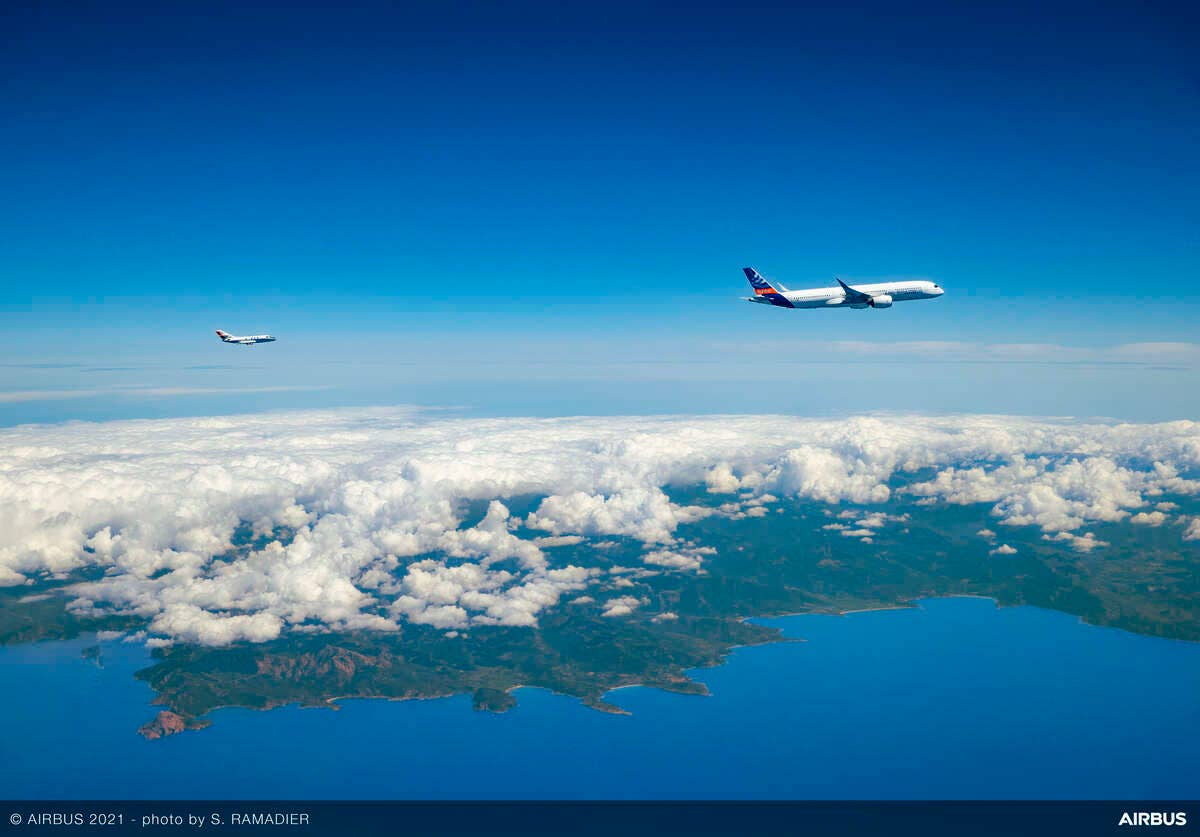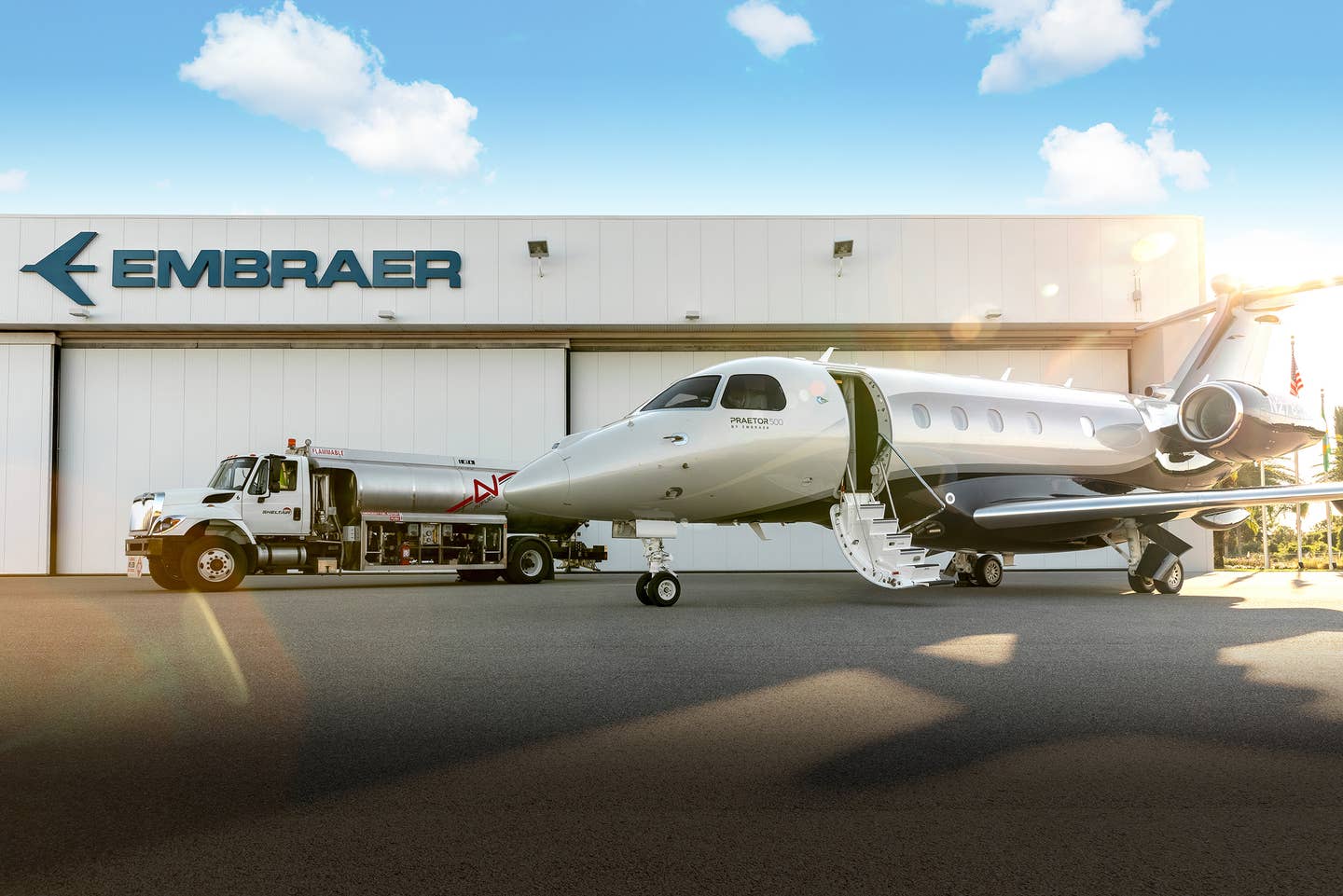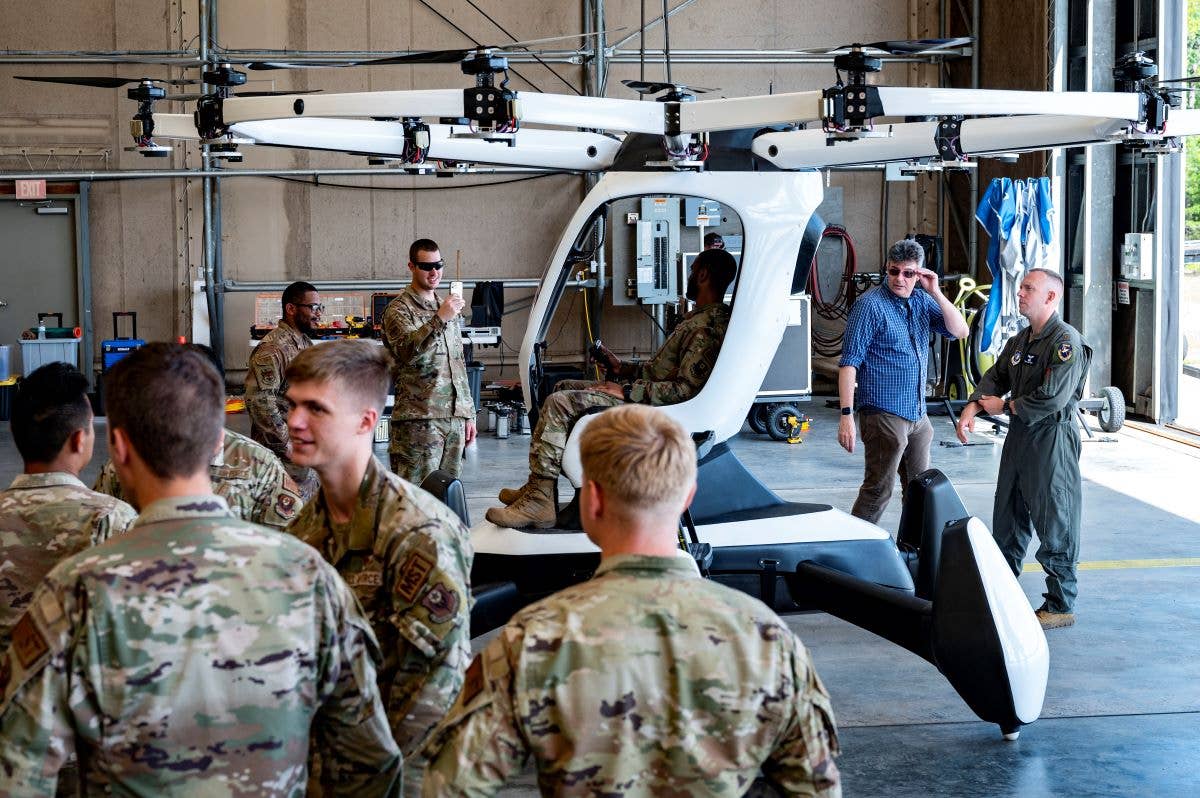Virgin Atlantic Takes Big Step Toward SAF-Powered Transatlantic Flight
The airline plans to fly Boeing 787 from London to New York later this month.
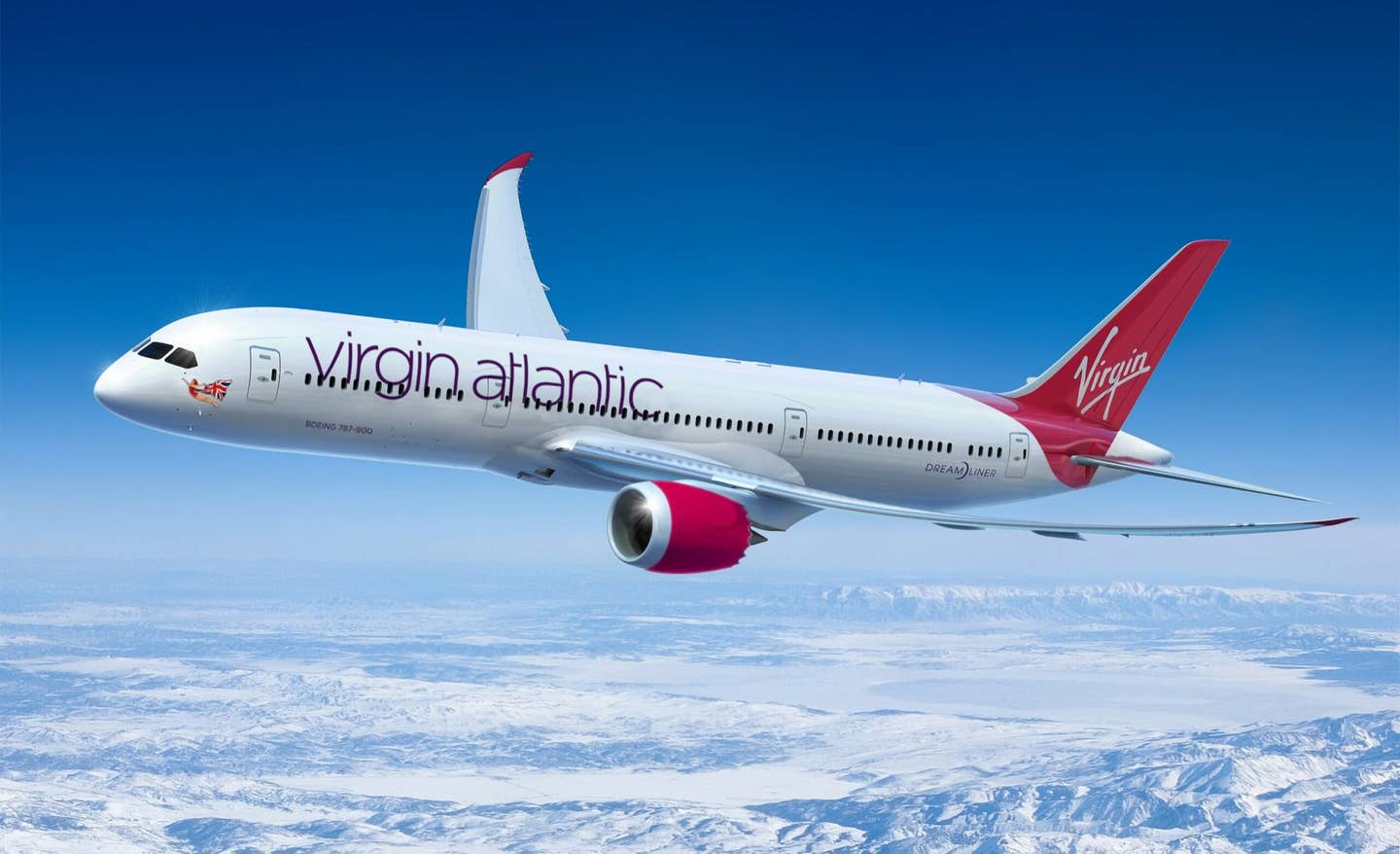
Virgin Atlantic plans to fly a Boeing 787 from London to New York using 100 percent SAF. [Courtesy: Virgin Atlantic]
Virgin Atlantic received a permit this week from the UK Civil Aviation Authority to conduct a long-planned transatlantic flight using 100 percent sustainable aviation fuel (SAF).
The landmark flight from London's Heathrow Airport (EGLL) to New York's John F. Kennedy International Airport (KJFK) in a Boeing 787 equipped with Rolls-Royce Trent 1000 engines is set for November 28.
Last summer, the airline announced the successful completion of ground tests of the engine running on SAF. The company also named fuel suppliers Air BP and Virent and revealed details about the fuel it plans to use. SAF for the transatlantic flight will be produced through the hydroprocessed esters and fatty acids (HEFA) method and will include synthetic aromatic kerosene (SAK) blended in an 88-to-12 percent ratio.
“The Civil Aviation Authority’s permit to fly Flight100 marks a key milestone and a huge achievement for all the teams working towards this historic flight,” said Shai Weiss, CEO of Virgin Atlantic. “Getting to this point has been more than a year in the making and taken radical collaboration across our consortium partners and government. We’re committed to using 10 percent SAF by 2030, but to get there we need the government to support the creation of a U.K. SAF industry. We know that if we can make it, we can fly it.”
Virgin Atlantic received U.K. government funding last year in connection with an industry-wide Department for Transport challenge to make a transatlantic flight powered by 100 percent SAF. The latest permit is a critical step toward the international approvals needed for the planned flight.
Among Virgin’s next steps are submitting applications to the FAA, the Irish Aviation Authority, and Transport Canada to allow the SAF-powered flight to travel through American, Irish, and Canadian airspace.

Subscribe to Our Newsletter
Get the latest FLYING stories delivered directly to your inbox

